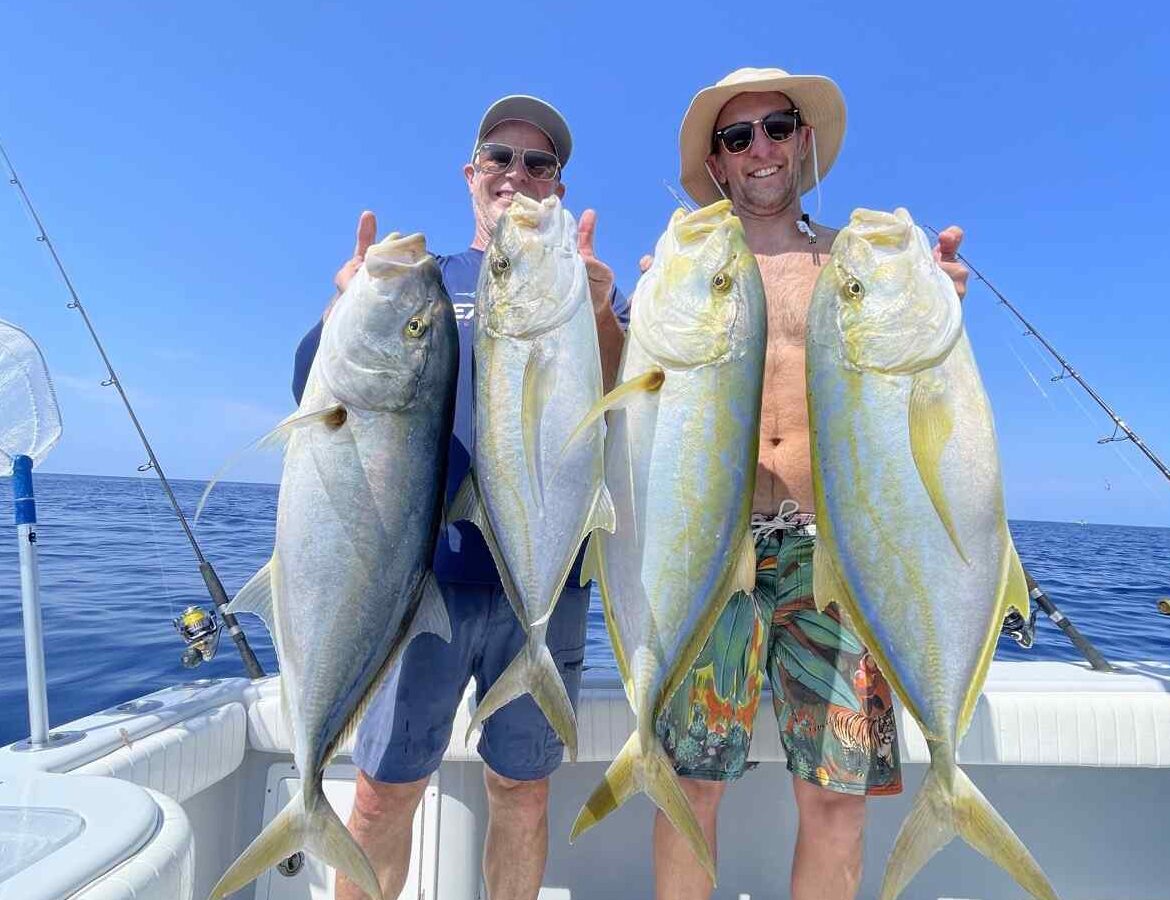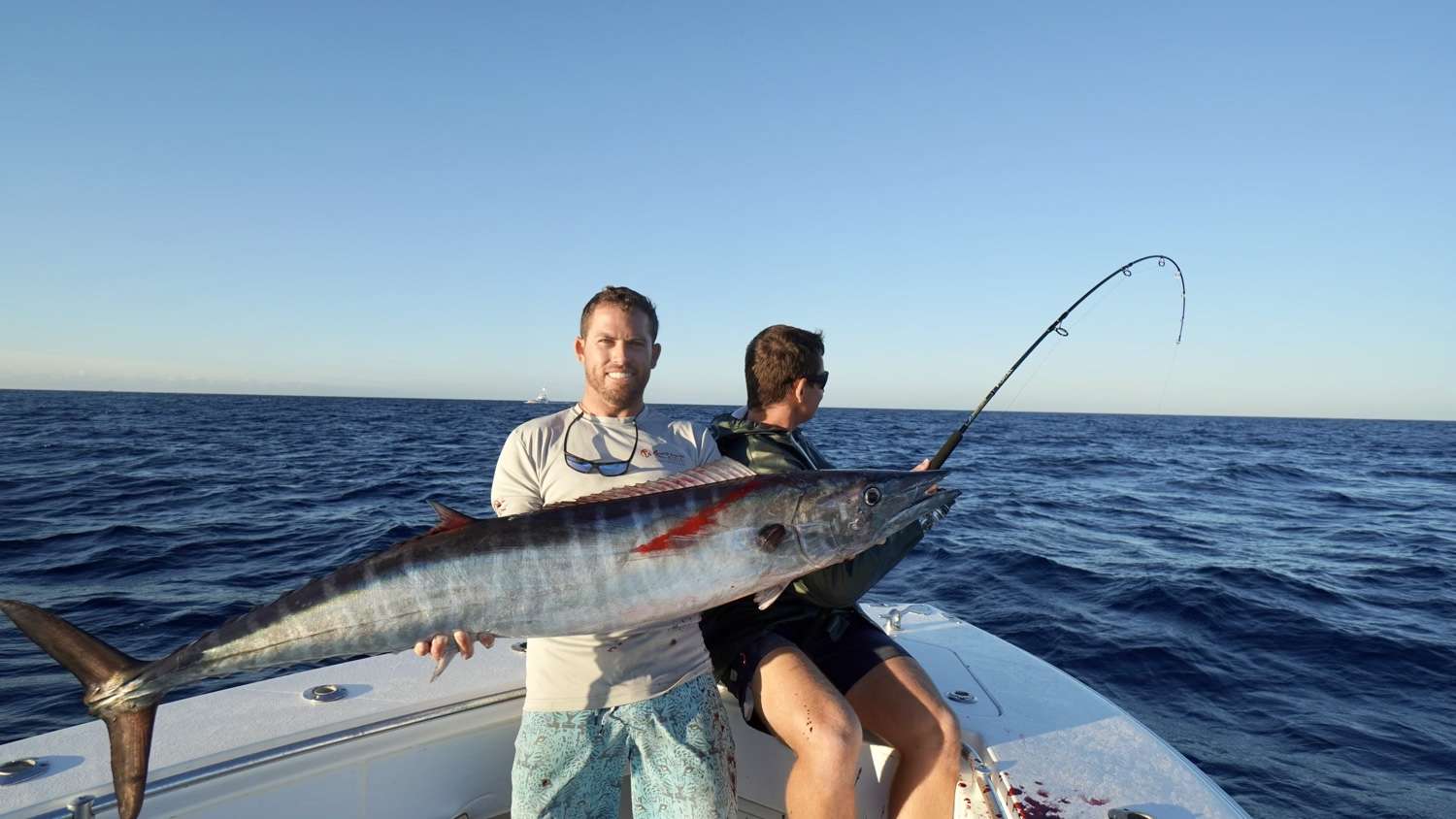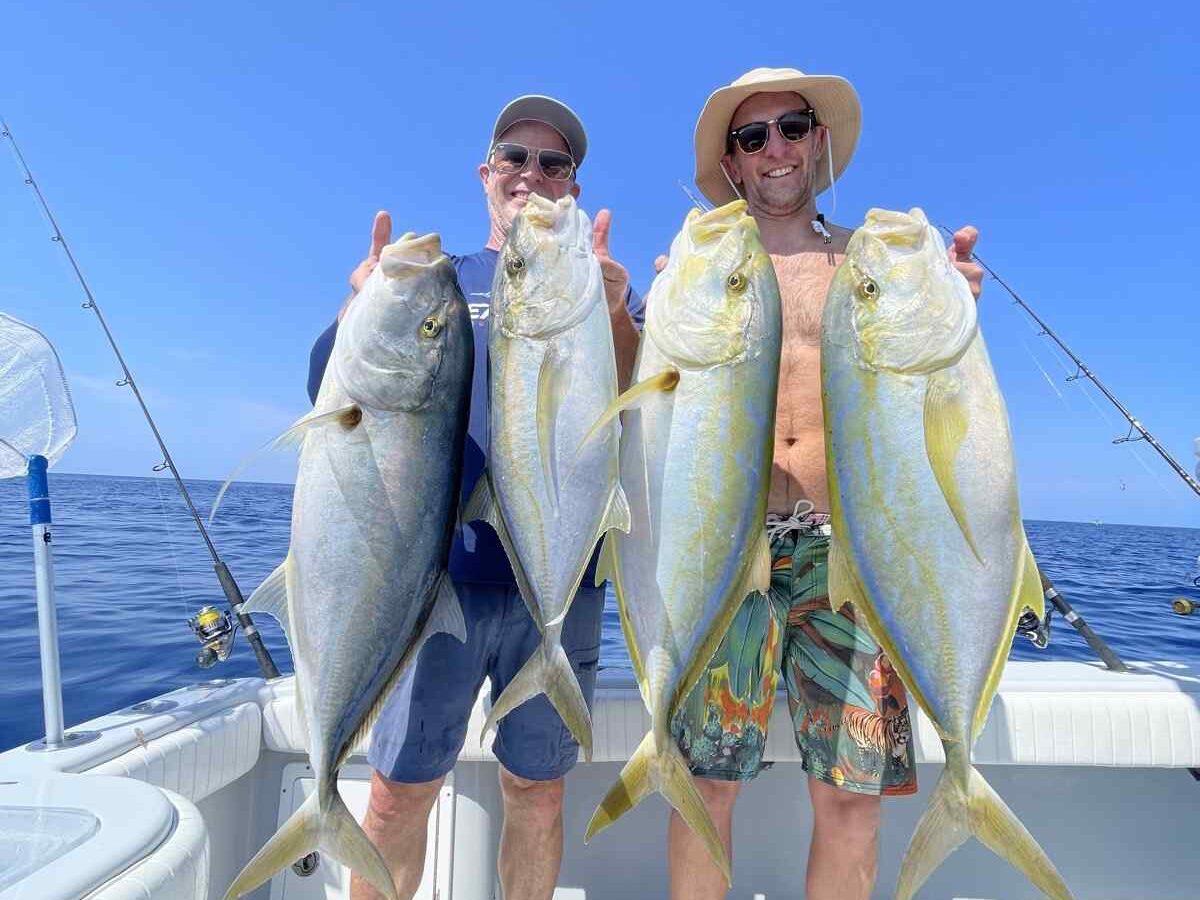Is Fishing a Sport?
Written By: Captain Kody Michael
Introduction: Is Fishing a Sport
Imagine the excitement of reeling in a massive fish after hours of waiting. The tension builds as the rod bends, the reel whirs, and adrenaline courses through your veins. Finally, after a test of strength, skill, and patience, you pull in the fish you’ve been waiting for..
For some, this scenario represents a competitive and skillful endeavor, while for others, it’s a quiet pastime to relax and unwind. This divide leads to an ongoing debate: Is fishing a sport, or is it merely a leisurely activity? The question has sparked discussions among enthusiasts and critics alike.
In this blog post, we’ll explore the defining characteristics of a sport, analyze fishing through that lens, and address the counterarguments. By the end, you’ll have a clearer perspective on where fishing truly stands.
2. Defining “Sport”
To determine whether fishing qualifies as a sport, we first need to define what constitutes a sport. Generally, a sport is characterized by:
- Physical exertion: A physical activity that requires energy and effort.
- Skill: The ability to perform techniques and strategies effectively.
- Competition: A structured contest with a goal to outperform others.
- Rules and structure: Defined regulations that govern the activity.
Activities like football, basketball, and tennis are widely accepted as sports because they check all these boxes. Even less physically intense activities like chess are considered sports because they involve skill, competition, and structured rules.
So, where does fishing fit into this definition? Let’s break it down step by step.
3. Why Fishing is a Sport
Fishing, particularly in its competitive form, meets the criteria for a sport in multiple ways:
Physical Exertion
While fishing may not always require constant movement like soccer or basketball, it does demand physical effort, especially when targeting large or challenging fish. Consider these examples:
- Casting and Reeling: Casting a line repeatedly over hours, particularly with precision, requires strength and stamina.
- Battling Large Fish: Deep-sea fishing or fly fishing often involves battling fish that weigh hundreds of pounds. Reeling in a marlin, tuna, or even a stubborn bass can be an exhausting and strenuous process.
- Endurance: Competitive fishing events often last several hours or even days, requiring physical and mental endurance to stay focused and active.
Fishing is not as sedentary as it might appear; it involves significant exertion, especially in challenging environments like rough seas or swift rivers.
Skill Requirement
Fishing is far more than just casting a line into the water and hoping for the best. Success requires a deep understanding of the sport, including:
- Knowledge of Fish Species: Different species behave differently. Knowing their habits, habitats, and feeding patterns is critical to catching them.
- Techniques: Advanced techniques like fly fishing, trolling, or bottom fishing require practice and precision. Casting a fly rod accurately, for example, is an art that demands years to master.
- Gear Mastery: Understanding how to use fishing rods, reels, lines, and lures effectively is a key component of the sport. Modern fishing gear has evolved significantly, and using it skillfully separates the experts from the amateurs.
- Environmental Awareness: Anglers need to adapt to changing weather, water currents, and environmental conditions to maximize their chances of success.
In competitive fishing, every decision—from bait selection to casting location—is made with careful consideration, showcasing the level of skill involved.
Competition
Fishing has a thriving competitive scene that mirrors traditional sports. From local tournaments to international championships, competitive fishing attracts skilled anglers who vie for titles, trophies, and cash prizes.
- Professional Tournaments: Events like the Bassmaster Classic and International Game Fish Association (IGFA)tournaments are prime examples of fishing as a sport. Anglers compete under strict rules to catch the largest or most fish within a set time frame.
- Recreational Competitions: Even on a local level, anglers participate in fishing derbies and contests, showcasing their skills and fostering friendly rivalry.
- Scoring Systems: Competitive fishing often uses points or weight systems to determine winners. These structured rules ensure fairness and consistency, just like in other sports.
Rules and Structure
Fishing, especially in tournaments, operates under strict rules to maintain fairness and sustainability:
- Fishing Seasons: Regulations dictate when certain fish species can be caught to protect populations.
- Size and Bag Limits: Anglers must adhere to rules regarding the size and number of fish they can keep.
- Tournament Guidelines: Competitive events establish clear rules about time limits, eligible species, scoring methods, and gear restrictions.
These rules add structure to fishing, reinforcing its status as a regulated and organized activity.
4. Counterarguments: Fishing as a Hobby or Leisure Activity
Despite the compelling arguments for fishing as a sport, some view it as nothing more than a hobby or a leisurely pursuit. Here are the primary counterarguments:
Relaxation and Meditation
Fishing is often celebrated for its calming and therapeutic qualities. Many anglers fish not for competition but for the joy of being in nature, away from the stresses of daily life. The rhythmic act of casting and waiting can be meditative, making fishing a popular pastime for those seeking peace and relaxation.
Perception of Non-Competitiveness
Unlike traditional sports, fishing can be a solitary activity with no opponents, referees, or scoreboards. This has led to the perception that fishing lacks the competitive edge required to qualify as a sport.
Not All Fishing is Sport Fishing
It’s important to note that not all fishing involves competition or physical exertion. For example:
- Casual Fishing: Sitting on a riverbank with a simple rod and enjoying a quiet afternoon doesn’t resemble a sporting event.
- Catch and Release: Some anglers fish purely for enjoyment and return the catch immediately, prioritizing conservation over competition.
While these forms of fishing may lack the characteristics of a sport, they coexist alongside competitive and physically demanding versions of fishing.
5. Hybrid Perspective: Sport and Recreation
The reality is that fishing occupies a unique space where it can be both a competitive sport and a relaxing hobby. This dual nature is one of fishing’s greatest strengths, as it appeals to a broad range of people:
- Sport Fishing: Competitive tournaments, physical exertion, and skill-based techniques clearly align fishing with traditional sports.
- Recreational Fishing: For those seeking relaxation, fishing provides an opportunity to connect with nature and unwind without the pressure of competition.
Fishing’s versatility allows it to transcend rigid definitions, offering something for everyone, whether they view it as a sport, hobby, or both.
6. The Evolution of Fishing as a Sport
Over the years, fishing has evolved significantly, cementing its place as a legitimate sport:
- Growth of Competitive Events: Professional tournaments like the Bassmaster Elite Series have gained widespread popularity, attracting large audiences and significant sponsorship deals.
- Advancements in Gear and Technology: Modern fishing rods, reels, fish finders, and lures have transformed the sport, requiring anglers to master new tools and techniques.
- Media Coverage: Fishing tournaments are now televised, streamed online, and featured in sports media, further legitimizing fishing as a competitive sport.
- Global Popularity: Fishing competitions are held worldwide, with diverse techniques and species reflecting the global appeal of the sport.
The combination of innovation, media exposure, and passionate communities has elevated fishing to a level that rivals other mainstream sports.
7. Conclusion
So, is fishing a sport? Based on the criteria of physical exertion, skill, competition, and structure, the answer is a resounding yes. Fishing demands effort, strategy, and precision, particularly in its competitive forms. At the same time, fishing’s relaxing and meditative qualities make it a beloved pastime for millions.
Ultimately, fishing’s beauty lies in its dual nature: it can be as intense or as peaceful as you make it. Whether you view fishing as a sport, a hobby, or both, there’s no denying its ability to bring people together, challenge skills, and create lasting memories.
If you’ve never tried fishing, consider giving it a shot. Whether you find yourself in a high-stakes tournament or simply enjoying a quiet day by the water, you might discover why fishing holds such a special place in the hearts of so many.
We started Reel Guides to make it easy to book fishing trips around the United States.
Click here to browse and book your next fishing charter in Florida!
Readers can benefit from a special promotion code from Mustad Fishing.
Use promo code REELGUIDES for an additional 20% off your next order at www.mustad-fishing.com.






